No African citizens granted visas for African trade summit in California
Tue 21 Mar 2017, 15:58:55
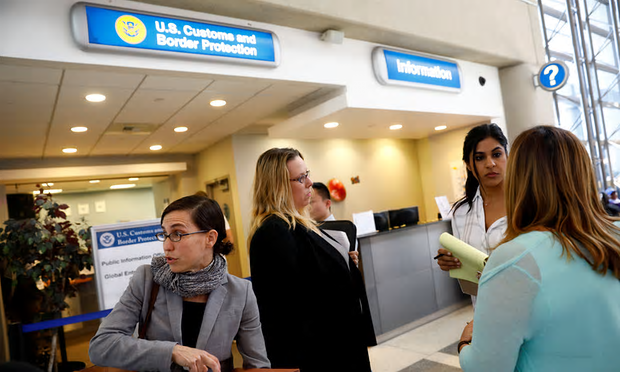
An annual African trade summit in California had no African attendees this year after at least 60 people were denied visas, according to event leaders.
The African Global Economic and Development Summit, a three-day conference at the University of Southern California (USC), typically brings delegations from across Africa to meet with business leaders in the US in an effort to foster partnerships. But this year, every single African citizen who requested a visa was rejected, according to organizer Mary Flowers.
The African Global Economic and Development Summit, a three-day conference at the University of Southern California (USC), typically brings delegations from across Africa to meet with business leaders in the US in an effort to foster partnerships. But this year, every single African citizen who requested a visa was rejected, according to organizer Mary Flowers.
White House calls for clarification on Hawaii judge's travel ban block
Read more
Read more
Some are now questioning whether the denials to the Los Angeles event could be tied to the anti-immigration policies of Donald Trump, who is pushing forward with a travel ban against six Muslim-majority countries despite ongoing legal challenges.
Flowers said roughly 60 to 100 people from at least a dozen nations were denied entry to the summit, which went on as planned with a much smaller group last Thursday through Saturday.
“I don’t know if it’s Trump or if it’s the fact that the embassies that have been discriminating for a long time see this as an opportunity, because of talk of the travel ban, to blatantly reject everyone,” Flowers said in an interview on Monday. “These trade links create jobs for both America and Africa. It’s unbelievable what’s going on.”
The problems for the trade summit mark the latest example of restricted travel to the US under Trump, whose controversial immigration policies and rhetoric have impacted a wide range of industries and communities. Soccer players, musicians, doctors, tech workers, protesters and others from across the globe have been denied access to the US, which has also experienced a slump in tourism since Trump’s inauguration.
Rejected participants at the trade summit came from Nigeria, Cameroon, Angola, Ethiopia, Sierra Leone, Guinea, Ghana, South Africa and more, according to Flowers. Trump’s travel ban covers Somalia, Sudan and Libya in Africa, and citizens from those countries did not seek visas for the event.
“This conference puts Americans in touch with real people so they can do real business,” said Flowers, CEO of Global Green Development Group, which does economic development work in Africa.
A spokesperson for the US state department declined to comment on claims of rejections for summit participants,
saying in a statement: “We cannot speculate on whether someone may or may not be eligible for a visa, nor on any possible limitations … Applications are refused if an applicant is found ineligible under the Immigration and Nationality Act or other provisions of US law.”
This is not the first time the summit has struggled with visa problems, according to Flowers, who has been organizing the event since 2013. In past years, she said, roughly 40% of interested African participants were denied entry.
But the 100% rejections this year meant there were only 50 to 75 participants total instead of the 150 to 200 who typically attend, she said. “Financially, that’s a gaping hole – a whole bunch of people who would have contributed not just to the event and to USC, but to the city around.”
She said many of the applicants who were rejected had already registered for the event and paid initial visa fees, but then were denied after short interviews – even when they brought extensive documentation, such as bank statements and property records.
The long-term impact of the visa denials is a lack of new trade links and business partnerships between US entrepreneurs and African nations, said Flowers, who also represents southern California as a member of the District Export Council, a trade group affiliated with the US commerce department.
“This summit is designed to bring Africa to America’s doorstep for investments and trade,” said Flowers, who is now working on a power plant project in Nigeria, with a collaboration that emerged from a past trade summit.
“We can’t have the government telling us to go do business with Africa and then you slam the doors in their face,” she added, noting that Trump has been in contact with Nigeria’s president. “We can’t survive as an internal country. We have to operate globally or we won’t be powerful.”
Following the visa rejections, Flowers is now also in contact with US congresswoman Karen Bass, who represents Los Angeles and is the ranking member of the Africa subcommittee.
“When restrictive policies and practices are followed by US embassies when granting visas to Africans, it can hurt opportunities between US and African business entities,” Bass said in a statement to the Guardian on Monday. “I encourage the Department of State to make sure these policies are flexible enough to encourage the free flow of business ideas and opportunities.”
Flowers said roughly 60 to 100 people from at least a dozen nations were denied entry to the summit, which went on as planned with a much smaller group last Thursday through Saturday.
“I don’t know if it’s Trump or if it’s the fact that the embassies that have been discriminating for a long time see this as an opportunity, because of talk of the travel ban, to blatantly reject everyone,” Flowers said in an interview on Monday. “These trade links create jobs for both America and Africa. It’s unbelievable what’s going on.”
The problems for the trade summit mark the latest example of restricted travel to the US under Trump, whose controversial immigration policies and rhetoric have impacted a wide range of industries and communities. Soccer players, musicians, doctors, tech workers, protesters and others from across the globe have been denied access to the US, which has also experienced a slump in tourism since Trump’s inauguration.
Rejected participants at the trade summit came from Nigeria, Cameroon, Angola, Ethiopia, Sierra Leone, Guinea, Ghana, South Africa and more, according to Flowers. Trump’s travel ban covers Somalia, Sudan and Libya in Africa, and citizens from those countries did not seek visas for the event.
“This conference puts Americans in touch with real people so they can do real business,” said Flowers, CEO of Global Green Development Group, which does economic development work in Africa.
A spokesperson for the US state department declined to comment on claims of rejections for summit participants,
saying in a statement: “We cannot speculate on whether someone may or may not be eligible for a visa, nor on any possible limitations … Applications are refused if an applicant is found ineligible under the Immigration and Nationality Act or other provisions of US law.”
This is not the first time the summit has struggled with visa problems, according to Flowers, who has been organizing the event since 2013. In past years, she said, roughly 40% of interested African participants were denied entry.
But the 100% rejections this year meant there were only 50 to 75 participants total instead of the 150 to 200 who typically attend, she said. “Financially, that’s a gaping hole – a whole bunch of people who would have contributed not just to the event and to USC, but to the city around.”
She said many of the applicants who were rejected had already registered for the event and paid initial visa fees, but then were denied after short interviews – even when they brought extensive documentation, such as bank statements and property records.
The long-term impact of the visa denials is a lack of new trade links and business partnerships between US entrepreneurs and African nations, said Flowers, who also represents southern California as a member of the District Export Council, a trade group affiliated with the US commerce department.
“This summit is designed to bring Africa to America’s doorstep for investments and trade,” said Flowers, who is now working on a power plant project in Nigeria, with a collaboration that emerged from a past trade summit.
“We can’t have the government telling us to go do business with Africa and then you slam the doors in their face,” she added, noting that Trump has been in contact with Nigeria’s president. “We can’t survive as an internal country. We have to operate globally or we won’t be powerful.”
Following the visa rejections, Flowers is now also in contact with US congresswoman Karen Bass, who represents Los Angeles and is the ranking member of the Africa subcommittee.
“When restrictive policies and practices are followed by US embassies when granting visas to Africans, it can hurt opportunities between US and African business entities,” Bass said in a statement to the Guardian on Monday. “I encourage the Department of State to make sure these policies are flexible enough to encourage the free flow of business ideas and opportunities.”
No Comments For This Post, Be first to write a Comment.
Most viewed from International
Most viewed from World
AIMIM News
Latest Urdu News
Most Viewed
May 26, 2020
Is it right to exclude Bangladesh from the T20 World Cup?
Latest Videos View All
Like Us
Home
About Us
Advertise With Us
All Polls
Epaper Archives
Privacy Policy
Contact Us
Download Etemaad App
© 2026 Etemaad Daily News, All Rights Reserved.


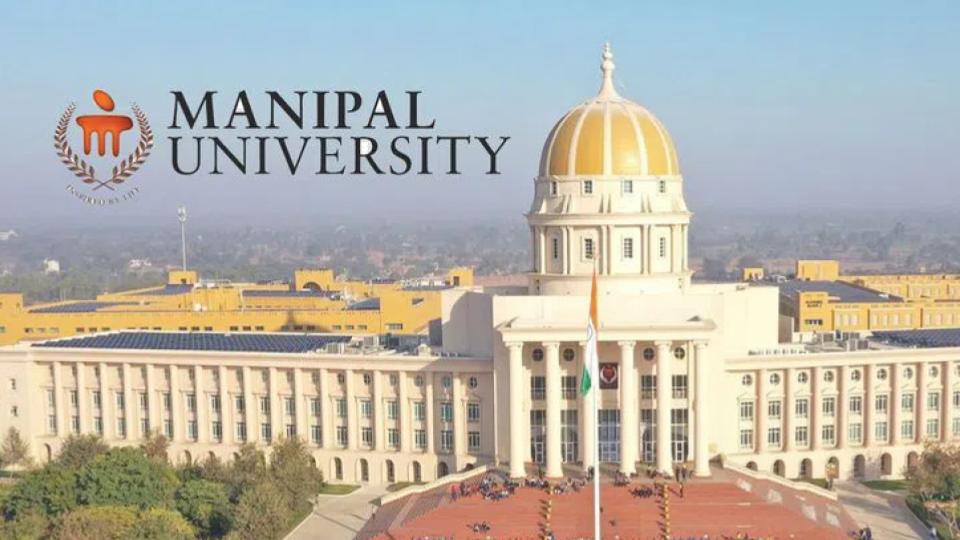
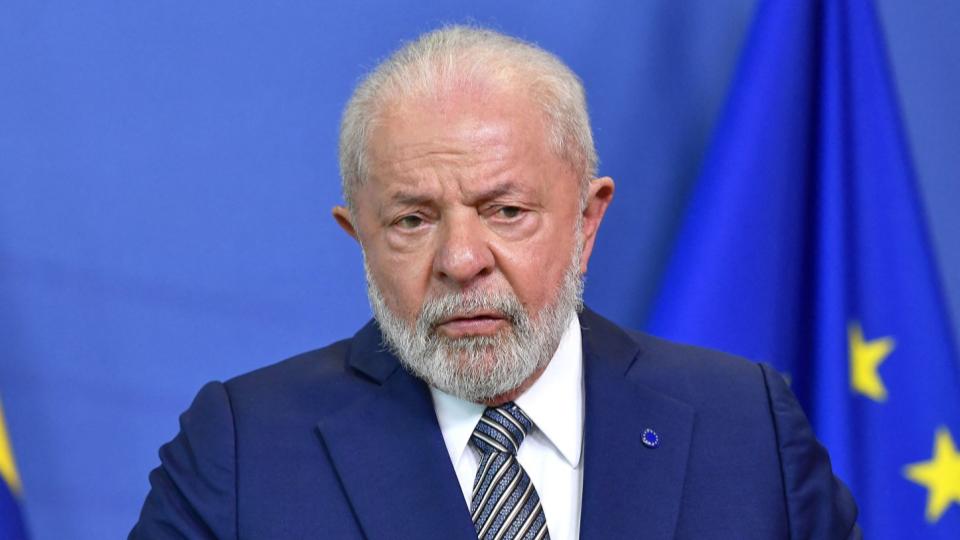


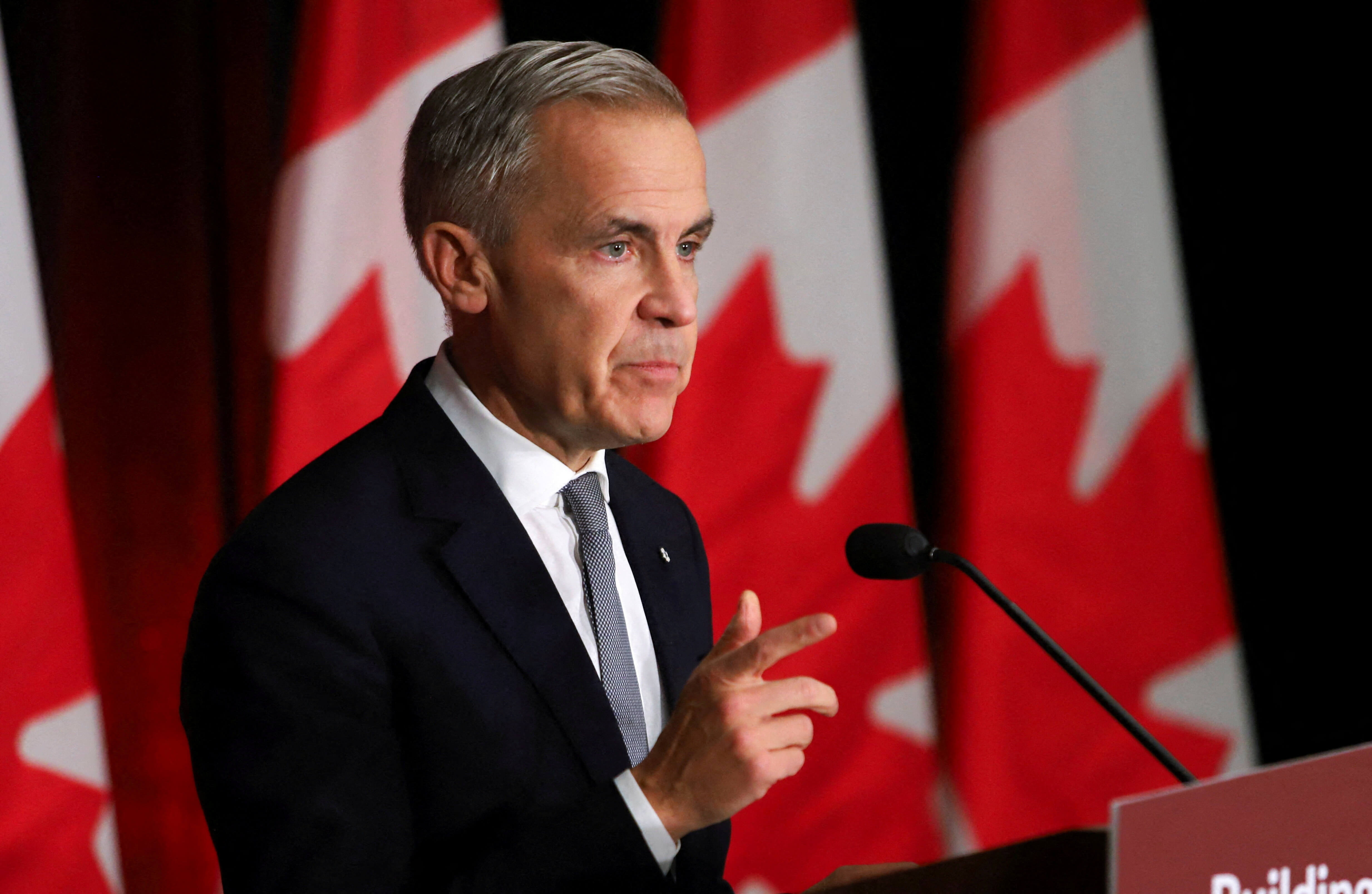
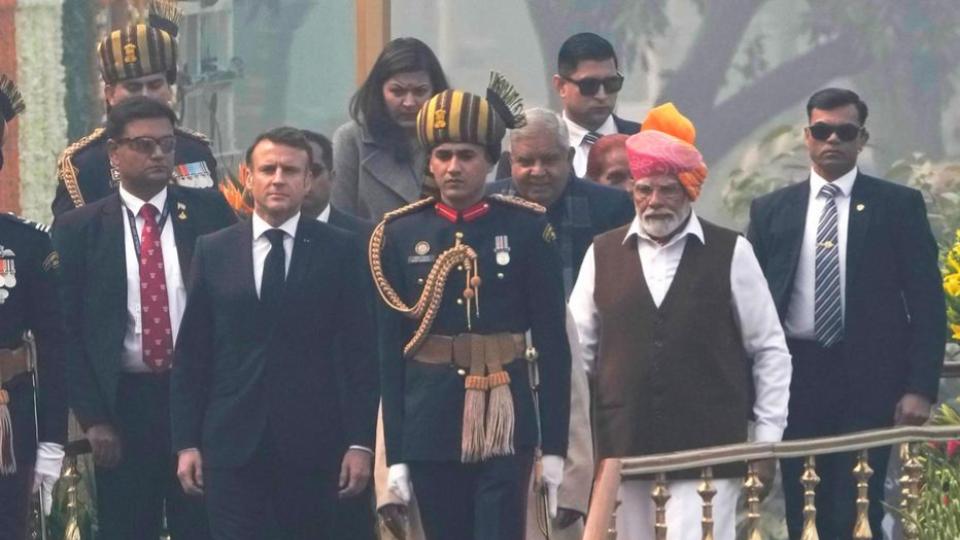

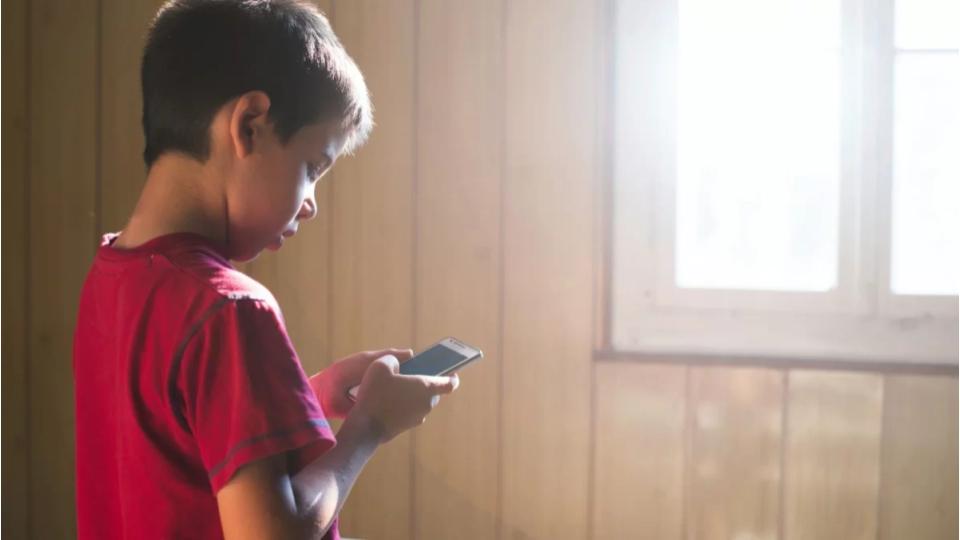
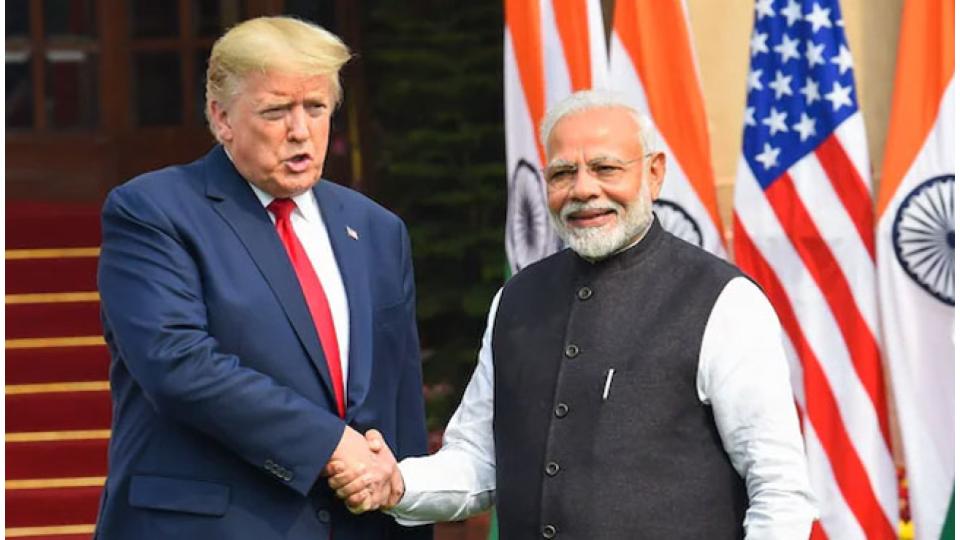
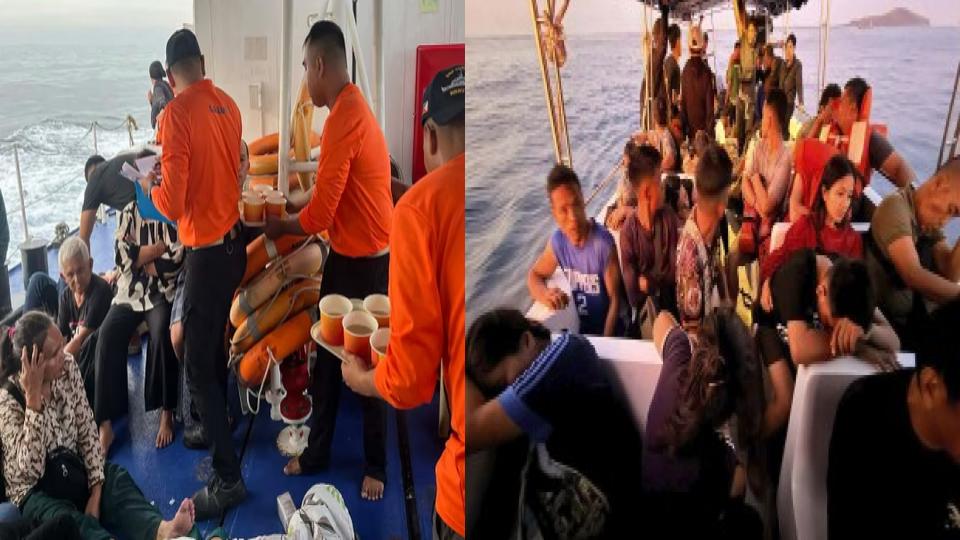
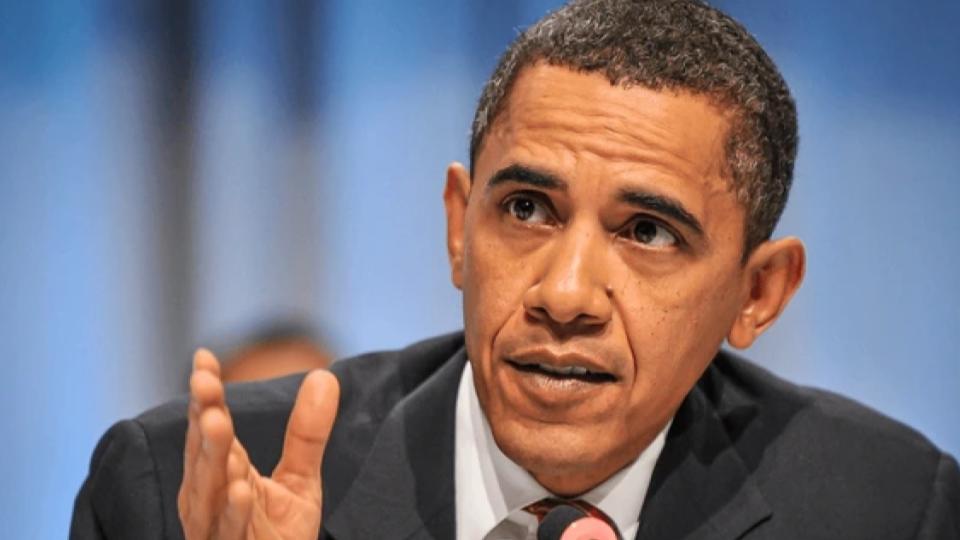
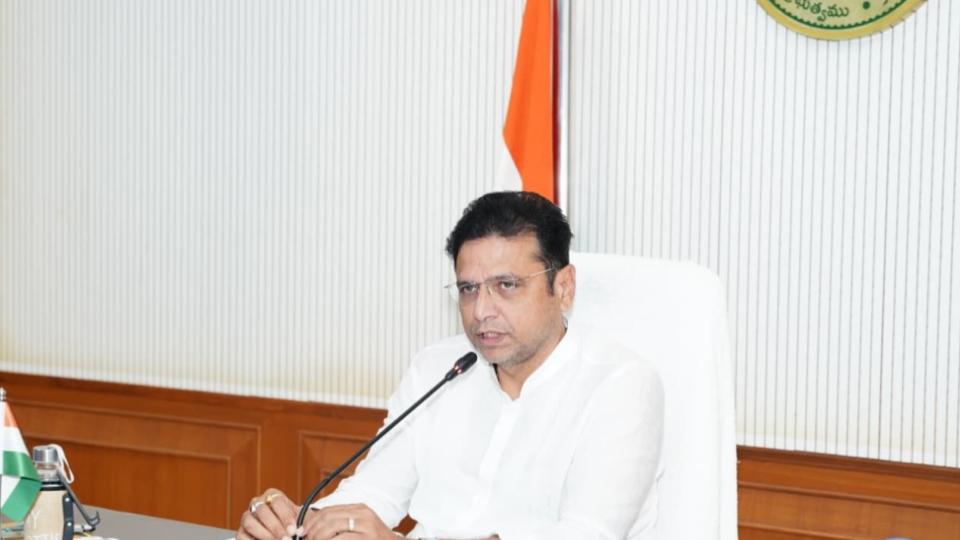




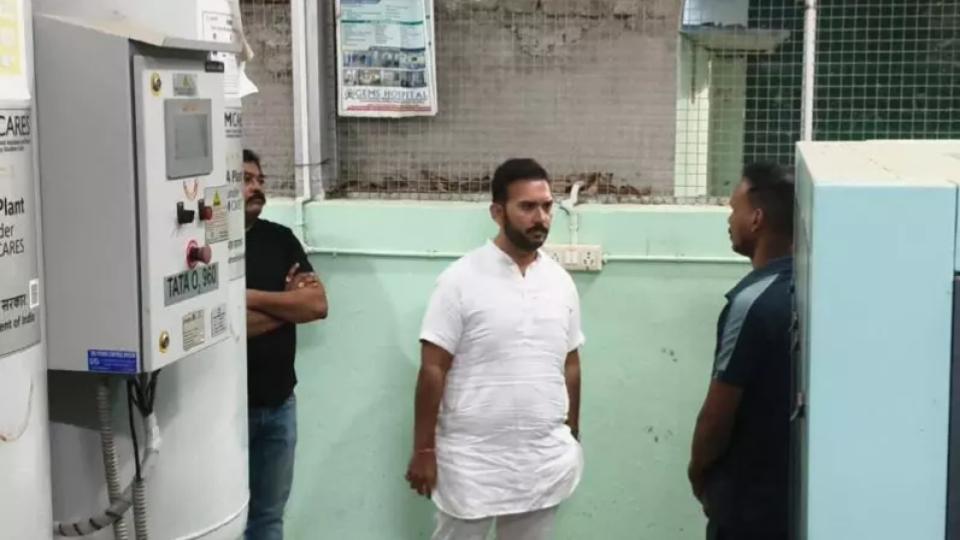
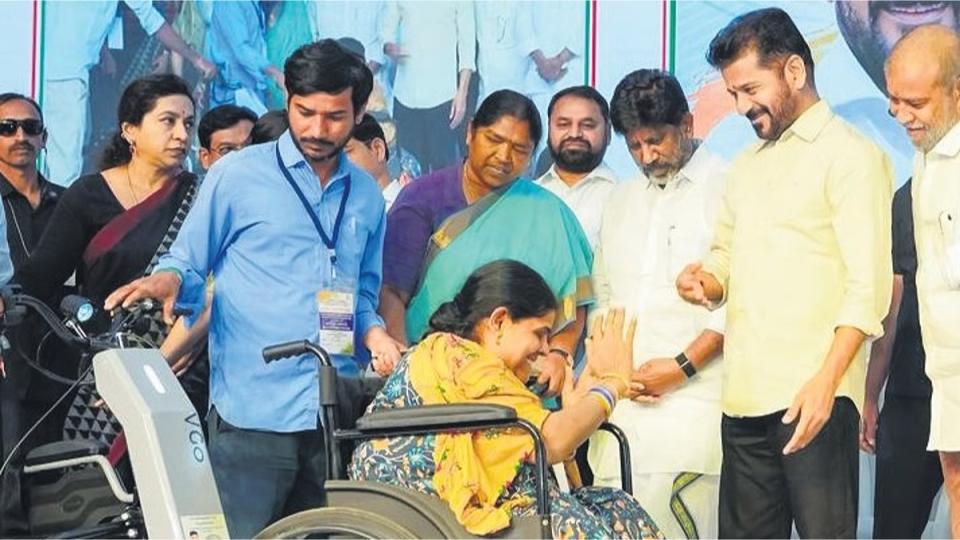

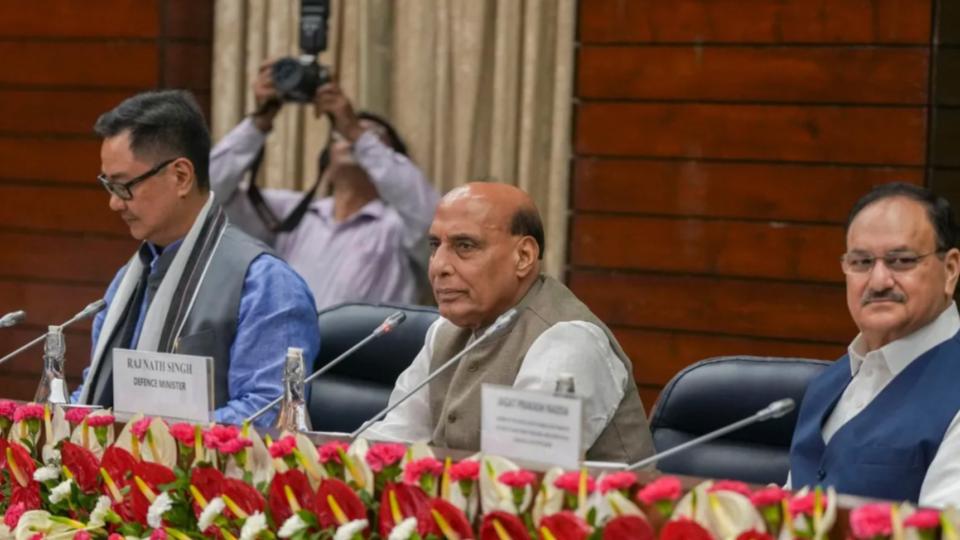
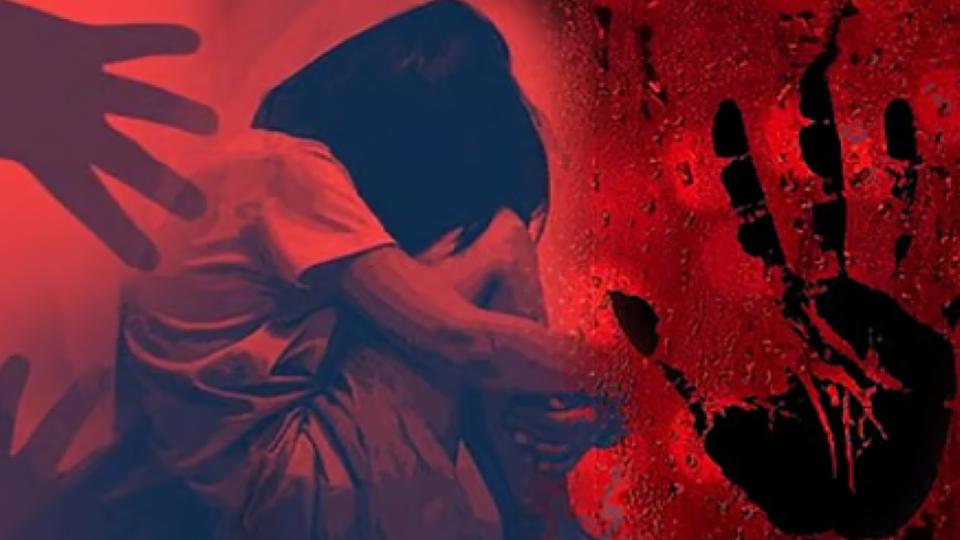



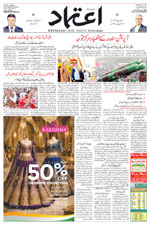










.jpg)
.jpg)
.jpg)


